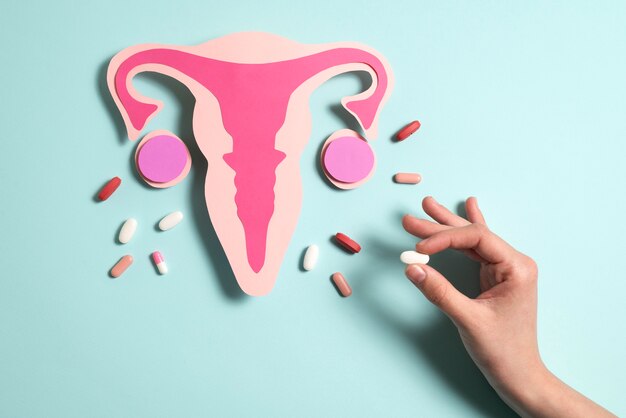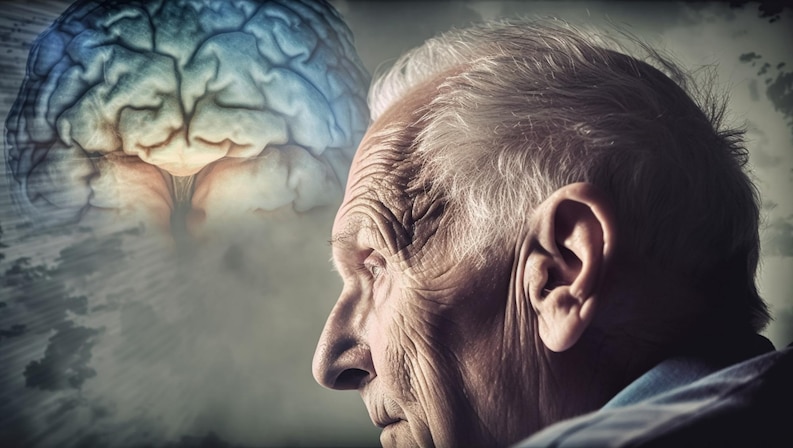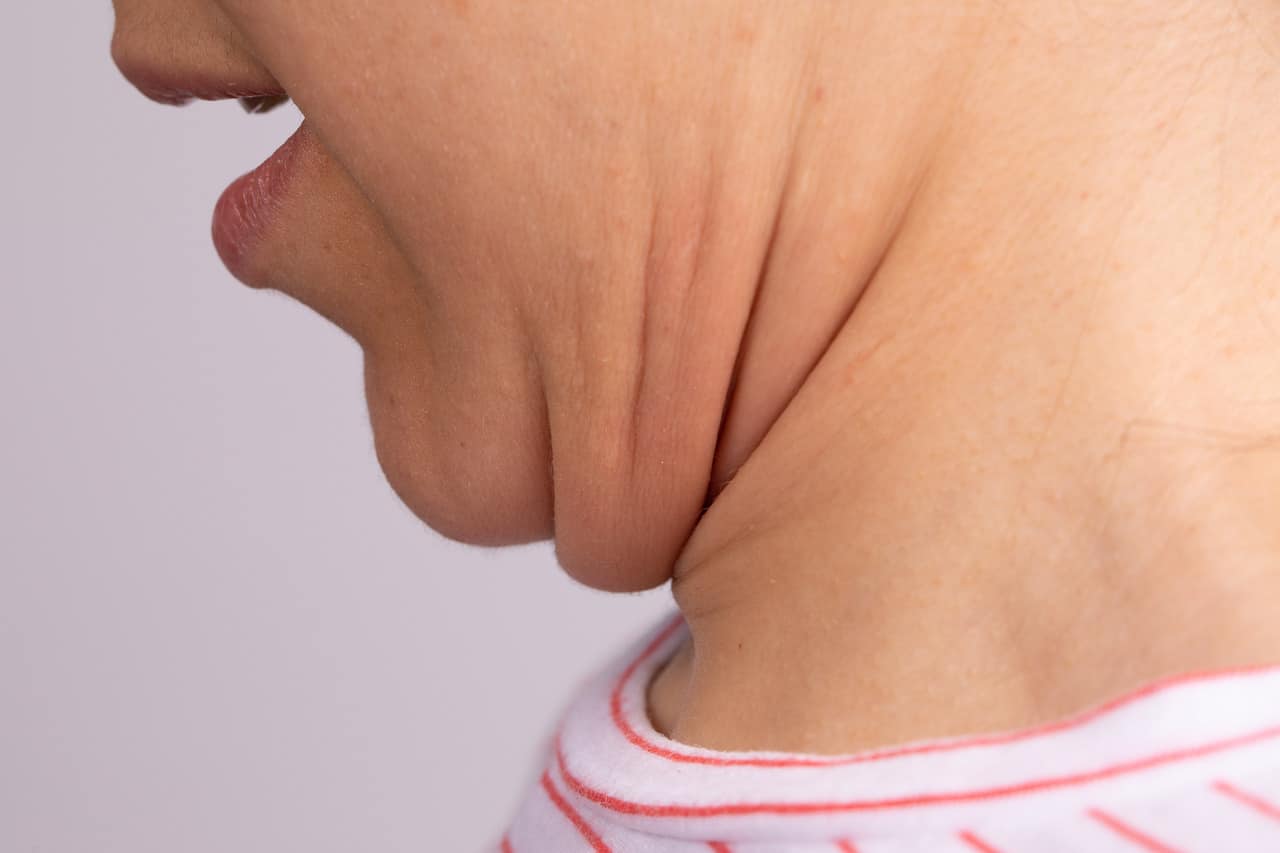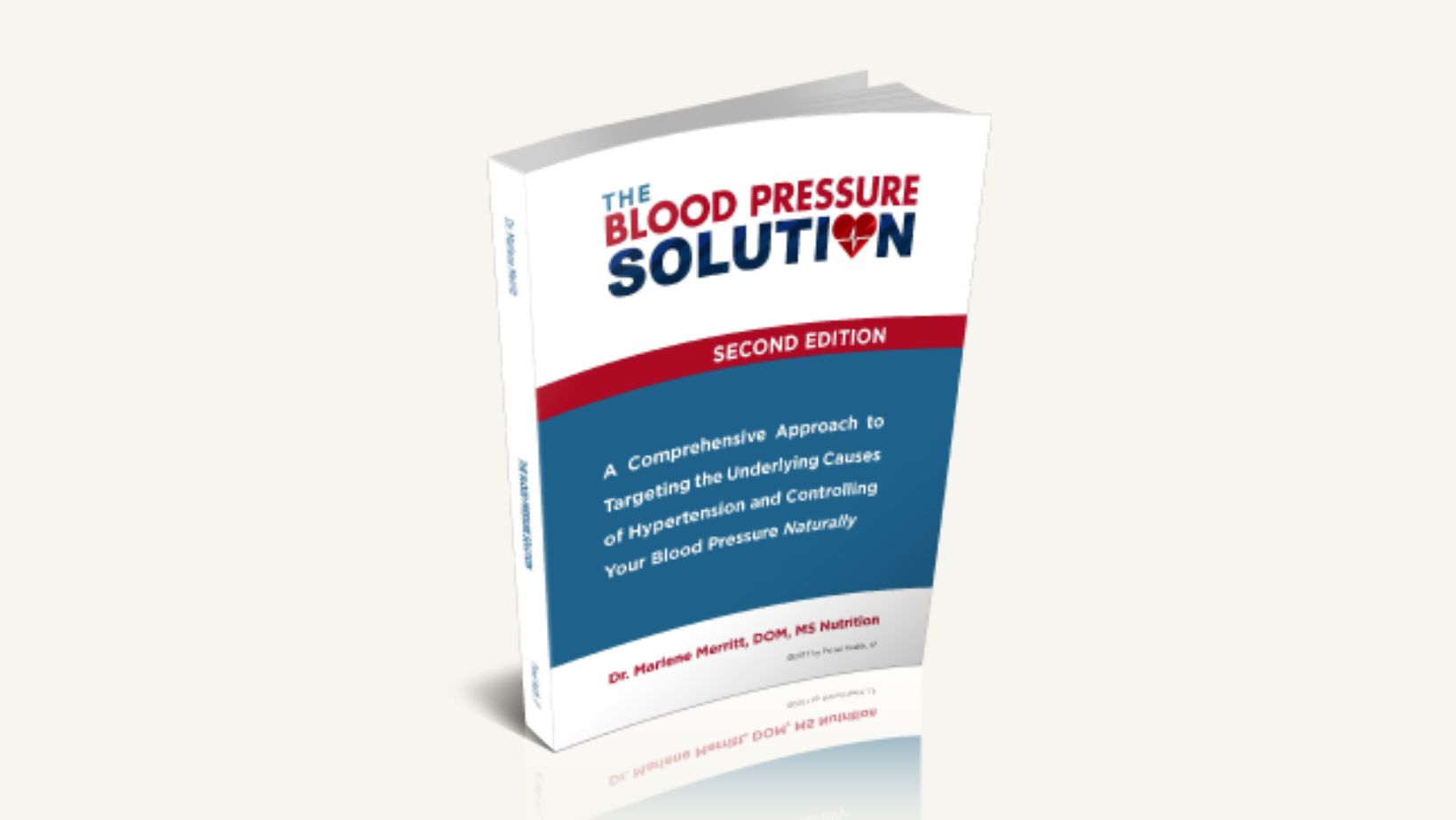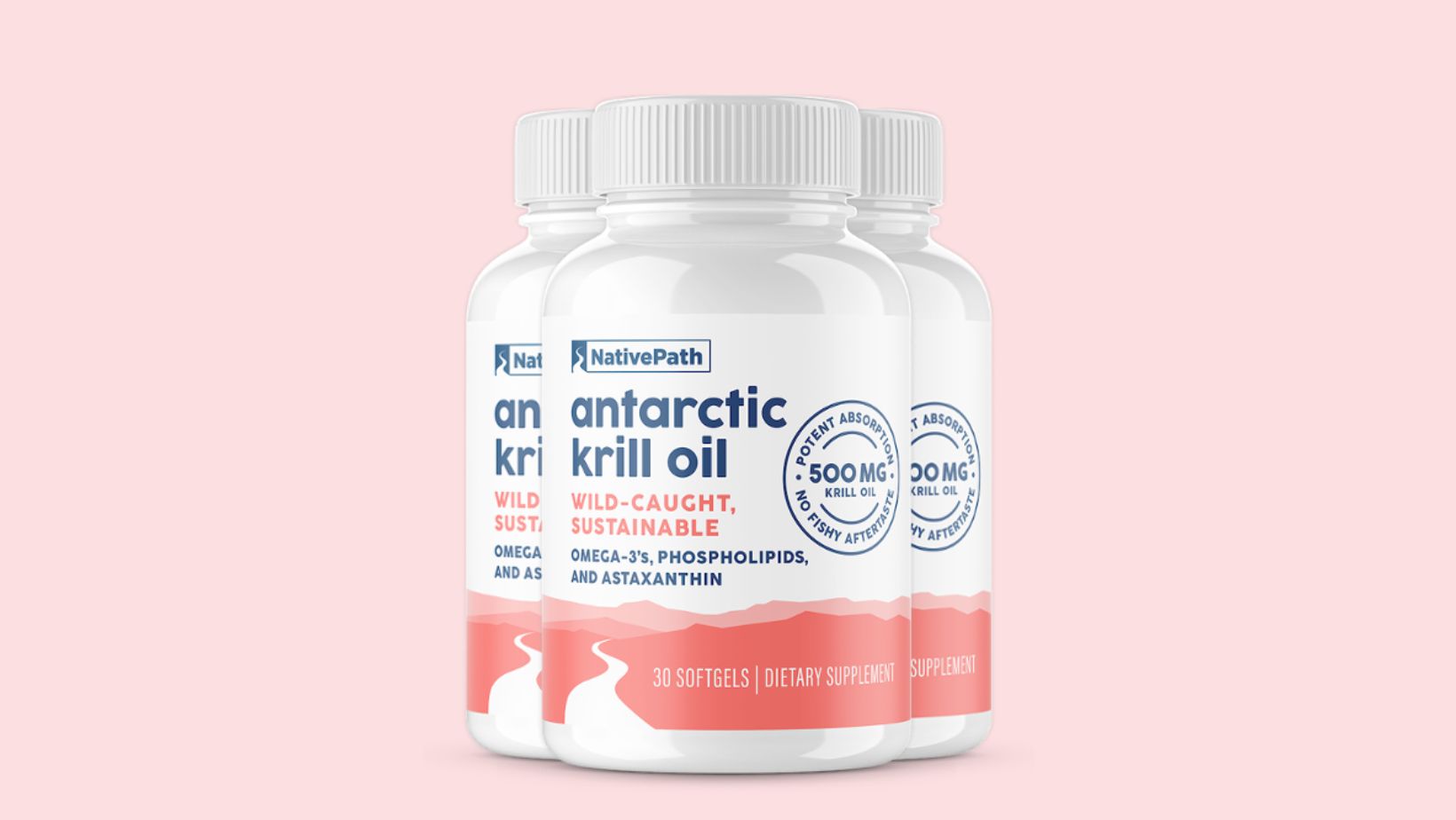A woman’s reproductive years cease with menopause. It’s a major milestone any woman will reach. Women must understand menopause symptoms, causes, and treatments to confidently navigate this transitional era.
What is menopause?
Women’s reproductive years finish with menopause. A woman’s menstrual cycle stops permanently, ending her capacity to conceive. The average age for menopause is 51.
Hormonal changes occur during menopause. The ovaries gradually produce less estrogen and progesterone, chemicals that regulate the menstrual cycle and fertility. Hormonal shifts can cause physical and emotional problems.
Women enter menopause after 12 months without a period. However, perimenopause—the years preceding up to menopause—is marked by irregular periods and hormone fluctuations.
Signs/Symptoms Women Shouldn’t Ignore
Aging women go through menopause. Menstruation stops with the conclusion of a woman’s reproductive years. Menopause occurs on average at 51 years old.
Estrogen and progesterone levels drop throughout menopause. Hormonal fluctuations cause physical and emotional ailments. Common menopausal symptoms:
- Irregular periods: Menstrual cycles may become longer or shorter, heavier or lighter, or skipped.
- Hot flashes: These powerful heat waves can produce sweating, flushing, and a rapid heartbeat.
- Night sweats: Night sweats, like hot flashes, produce excessive sweating during sleep, disrupting sleep patterns.
- Vaginal dryness: Lower estrogen levels diminish vaginal lubrication, causing discomfort, itching, and pain during sexual activity.
- Sleep disturbances: Insomnia, night awakenings, and restlessness are common throughout menopause.
- Mood changes: Hormonal changes can cause mood swings, irritation, anxiety, melancholy, and despair.
- Fatigue: Menopause can cause fatigue.
- Urinary issues: Menopause can cause urinary tract infections, incontinence, and increased urination.
- Joint and muscle discomfort: Hormonal fluctuations can induce stiffness, pain, and body pains.
Menopause may cause decreased libido (sex drive), vaginal dryness, and orgasm intensity.

Note that symptoms vary per woman and severity and duration. Consult a doctor if your symptoms are affecting your daily life.
Menopause causes:
Naturally diminishing reproductive hormones:
Your ovaries produce less estrogen and progesterone, which regulate menstruation, in your late 30s, lowering fertility.
By age 51, your ovaries stop releasing eggs and you cease having periods. In your 40s, your periods may grow longer or shorter, heavier or lighter, and more or less regular.
Oophorectomy (ovary removal):
Estrogen and progesterone from your ovaries control your menstrual cycle. Surgery causes immediate menopause. Hot flashes, menopausal symptoms, and menstruation end. Hormonal changes occur suddenly, causing severe symptoms.
Hysterectomy without ovaries doesn’t usually cause menopause. Even without periods, your ovaries release eggs and create estrogen and progesterone.
Radiation, chemotherapy:
These cancer treatments can cause menopause and hot flashes. After chemotherapy, menstruation may resume, thus birth control may be needed. Only ovarian radiation therapy impacts ovarian function. Radiation to the head and neck or breast tissue won’t impact menopause.
Ovarian failure:
Premature menopause affects 1% of women under 40. Primary ovarian insufficiency—caused by genetics or autoimmune disease—can cause premature menopause. Premature menopause typically has no reason. To safeguard the brain, heart, and bones, these women should take hormones until menopause.

Can Nausea Be a Symptom of Menopause?
Menopause can cause nausea. Menopause causes nausea, nocturnal sweats, mood fluctuations, and appetite changes. Menopause hormones might cause stomach distress and queasiness. However, not all women feel nausea during menopause, and symptoms vary in severity and frequency. Consult a doctor if your menopause-related nausea persists or worsens.

When do menopause start
Menopause normally begins between 45 and 55, but some women experience it earlier or later. 51 is the typical onset age. Menopause is a natural biological process that ends a woman’s reproductive years. 12 months without menstrual cycles defines it. Perimenopause, the years leading up to menopause, is marked by hormonal changes and numerous symptoms. Menopause is different for every woman, both in timing and symptoms. Consult a medical practitioner if you have menopause-related inquiries.

Treatment
Menopause is untreated. Instead, treatments focus on treating symptoms and preventing or controlling chronic aging disorders. Therapies include:
- Hormone treatment: Menopausal hot flashes are best treated with estrogen medication. Your doctor may prescribe estrogen in the lowest dose and shortest time to relieve your symptoms based on your personal and family medical history. Progestin is needed with estrogen if you have a uterus. Estrogen protects bone. Hormone therapy may cause cardiovascular and breast cancer, yet starting hormones around menopause may benefit certain people. Ask your doctor if hormone therapy is safe for you.
- Vaginal Estrogen: Estrogen creams, tablets, and rings can reduce vaginal dryness. Vaginal tissues absorb a little quantity of estrogen from this medication. It relieves vaginal dryness, intercourse discomfort, and certain urinary symptoms.
- Low-dose antidepressants: SSRI antidepressants may reduce menopausal heat flashes. Women who can’t take estrogen for health reasons or who need an antidepressant for a mood problem may benefit from a low-dose antidepressant for hot flashes.
- Gabapentin (Gralise): Gabapentin reduces hot flashes and seizures. This medicine helps nighttime hot flashers and estrogen-intolerant ladies.
- Clonidine (Catapres): Hot flashes may be alleviated with clonidine, a blood pressure medication.
- Fezolinetant (Veozah): Hormone-free treatment for menopause hot flashes. It blocks the brain’s temperature-regulating system.
- Osteoporosis drugs: Doctors may prescribe osteoporosis medicine for specific patients. Drugs minimize bone loss and fracture risk. Vitamin D may help strengthen bones.

Conclusion
Menopause is a natural stage in a woman’s life that can cause physical and emotional changes. Women must understand menopause symptoms, causes, and treatment options to gracefully transition. Women can embrace menopause as a new chapter in their lives full of wisdom, self-care, and empowerment by trying different treatments and changing their lifestyles.

